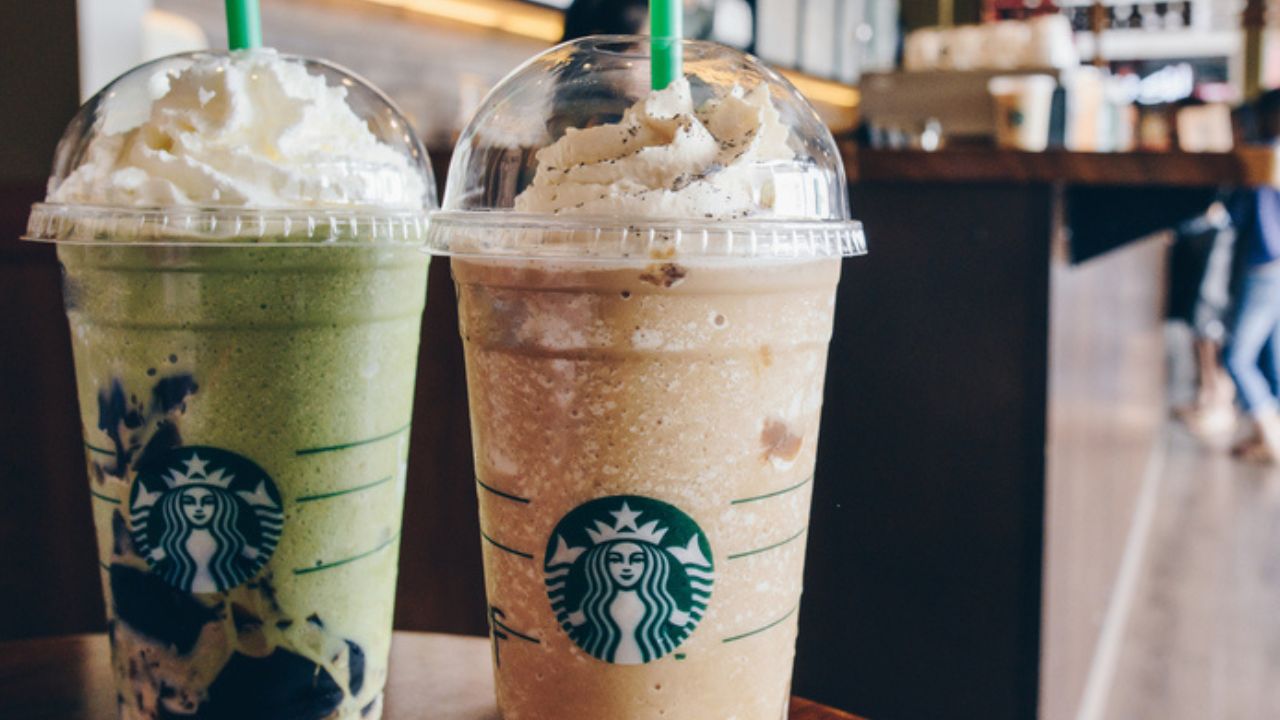The Worst Drinks for Your Health, According to Experts

Water doesn’t hit the spot quite like a good soft drink, juice, coffee, or whatever else strikes your fancy. Unfortunately, good taste doesn’t equate to good health.
Keeping our health in check while allowing the occasional treat inspires us to learn more about what we consume. The more you know, the more prepared you become.
Most drinks are harmless unless you find yourself craving and drinking them daily. Experts conclude that the following drinks are either completely unhealthy or must be consumed in controlled amounts to avoid health complications.
Soft Drinks

Soft drinks provide a good energy kick while contributing heavily to weight gain. While a cool, carbonated beverage feels refreshing, experts recommend avoiding making it a daily habit.
The recommended safe serving for the average soft drink is 240ml. Drinking more than that amount each day will almost certainly cause increased weight issues, slight dehydration, and fatigue.
Energy Drinks

Students, office workers, and freelancers alike adore energy drinks. They provide the mind with just enough extra oomph to accomplish that goal you have in mind for the day.
Energy drinks create issues around sleeping habits and anxiety and may cause heart problems. Nearly 1,500 students went to the emergency room in 2011 due to the overuse of energy drinks. If you choose to drink them, pay attention to the daily recommended consumption rate printed on the bottle or can.
Diet Sodas

The critical difference between diet and regular soda involves the sugar content. Regular sodas contain corn syrup or some other form of sugar. Diet sodas use artificial sugars such as aspartame and acesulfame potassium (Ace-K).
Diet soda offers little nutritional value and leaves you feeling bloated and unable to consume the necessary nutrients. Some people mistakenly assume that the low-calorie and sugar content gives them an excuse to drink high-calorie beverages without consequence.
Alcohol

Most people already know the short-term impact of alcohol. Social consumption seems harmless, and many people enjoy it. However, alcohol consumption can impact our long-term health.
Drinking more than ten standard drinks a week for extended periods has the potential to damage your brain, heart, liver, stomach, and even your fertility. Professional medical staff recommend you have no more than four standard drinks in a day and no more than 10 in one week.
Protein Shakes

Protein shakes help with muscle recovery during heavy exercises. When used correctly, these shakes cause no harm. However, it is all too easy to overuse them.
Excessive use of protein shakes may cause you to consume too much protein that your body cannot process. You may also be increasing the risk of ingesting too much sugar from the protein powder mixture.
Sweet Iced Tea

Tea comes with a vast number of health benefits when consumed alone. However, sweetened iced tea frequently contains exuberant amounts of sugar. Sugar isn’t the only issue that comes with drinking too much iced tea.
Iced tea contains oxalic acid, which may severely damage your kidneys when consumed in excess. A safe amount of iced tea is a single 16-ounce glass daily.
Sugar-Filled Ice Coffees (Frappes, Lattes, Etc.)

An iced coffee feels great in your hand during the summer months. While it may seem like a fantastic alternative to a hot coffee, most iced coffees, specifically those with large amounts of milk and cream, contain large quantities of sugar.
The typical American frappe contains 46g of sugar, while the recommended daily amount for the average person is 25-30g. Another added concern is how easily you can ingest excessive caffeine from these sweet drinks. Be mindful when enjoying your coffee.





